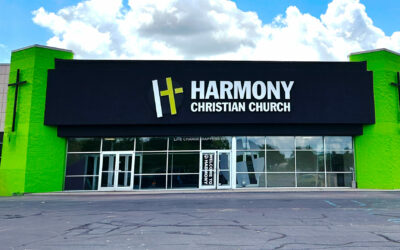 Disunity in Christ: Uncovering the Hidden Forces That Keep Us Apart by Christena Cleveland
Disunity in Christ: Uncovering the Hidden Forces That Keep Us Apart by Christena ClevelandMy rating: 4 of 5 stars
There are many people in this world that I find hard to get along with. Differences in values, politics, and even tastes can build up walls between ourselves and others that seem impossible to overcome. At best, it leaves us apathetic towards each other, and at worse entirely adversarial. The issue is that the truth is one day we will spend eternity with those believers who we have worked so hard to separate ourselves from. This is the basis of Christina Cleveland’s argument in her book “Disunity in Christ.” She starts her argument stating that we all have people who we consider are different than us, and yet Christ’s desire for His church was for His people to be known for their unity. She lays the foundation of her argument by using the idea that we all have preconceived notions about who good Christians and bad Christians are. These definitions help us define who are in our in crowds and who are left out. She challenges these definitions by helping the reader see past simple judgements about who is in and out of the kingdom. She also does a great job of assisting the reader in identifying those hidden things that keep us separated in the kingdom.
Cleveland does a great job challenging readers to recognize their hidden biases that prevent them from fostering unity in their community. One area of particular interest for Cleveland is point out the cultural barriers that separate believers. She makes note that these cultural barriers are more than just skin deep. These barriers can even separate believers in the same community based on small theological differences, or really any difference at all. She makes a point that when most churches talk about other churches in their community, the language they use is often about how they are different. Instead, we should be making an effort to point out the ways that we are similar.
Overall, Cleveland does a fantastic job challenging the reader to work on tearing down their own personal biases and seeing themselves and others in a new light in order to embrace Jesus' vision for His church to be unified. She provides real concrete methods to achieve this all the while casting a compelling vision for a unified church. This book should be required reading for all minsters and, perhaps, even church goers in general. The church is facing a problem now more than ever of disunity, and Cleveland presents a very compelling argument that she understands how we are to fix it.
View all my reviews





0 Comments